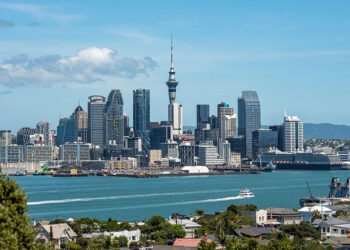Last Friday’s announcement by Genting Malaysia that it was injecting US$150 million into its 49%-owned US subsidiary, Empire Resorts, by way of a subscription agreement won’t sit well with company shareholders, according to investment bank Nomura.
The injection, which does not require shareholder approval because it keeps the company’s aggregate percentage ratio of related-party transactions below the 5% threshold, was described by Genting Malaysia as necessary to ensure Empire has the funds to fulfil its short-term debt obligations and to resume operations of its primary New York asset, Resorts World Catskills.
However, pointing to the 12% fall in Genting Malaysia’s share price when it first announced its intention to acquire Empire last August, Nomura’s Tushar Mohata said minority shareholders are “likely to be unhappy with this tranche of investment in Empire” as well, for three main reasons.
Those reasons include the fact that their vote isn’t required, the failure of a previous US$475 million bond offering as part of Empire’s long-term fundraising plan, and most significantly the fact that Empire and Resorts World Catskills are likely to remain loss-making for the immediate future,
“While Resorts World Catskills just reopened on 9 September after a prolonged shutdown due to COVID-19, it remains likely that losses into the next few quarters will remain even higher than 1Q20’s loss of US$53 million (Genting Malaysia’s share being US$26 million),” Mohata said.
“As a result, Empire will continue to be a drag on Genting Malaysia’s financials in the near future, to the tune of associate losses of MYR400 million (US$96 million)-plus per year.”
The one positive to come from the move, according to Mohata, is that it rules out any more related-party transactions until September 2021 without triggering a shareholder vote – allaying fears that Genting Malaysia may be used to help bail out troubled associate Genting Hong Kong.
As reported by Inside Asian Gaming, Genting HK has been working with creditors to restructure its debt after announcing it had suspended all loan repayments in order to preserve liquidity amid the COVID-19 pandemic. It also reported losses of US$743 million in the six months to 30 June 2020.


































